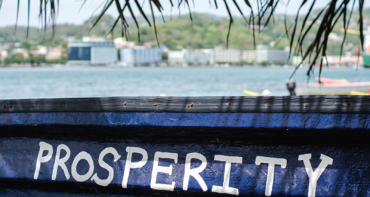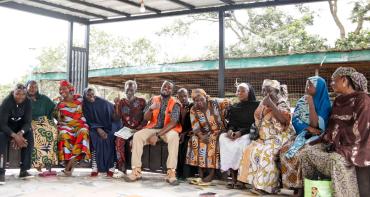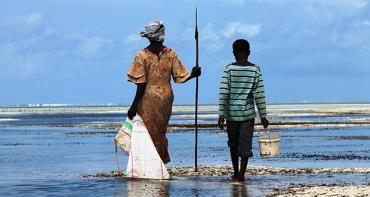For many small and vulnerable states across the Commonwealth, from the Caribbean to the Pacific and the low-lying regions of Africa, climate-related loss is a recurring reality.
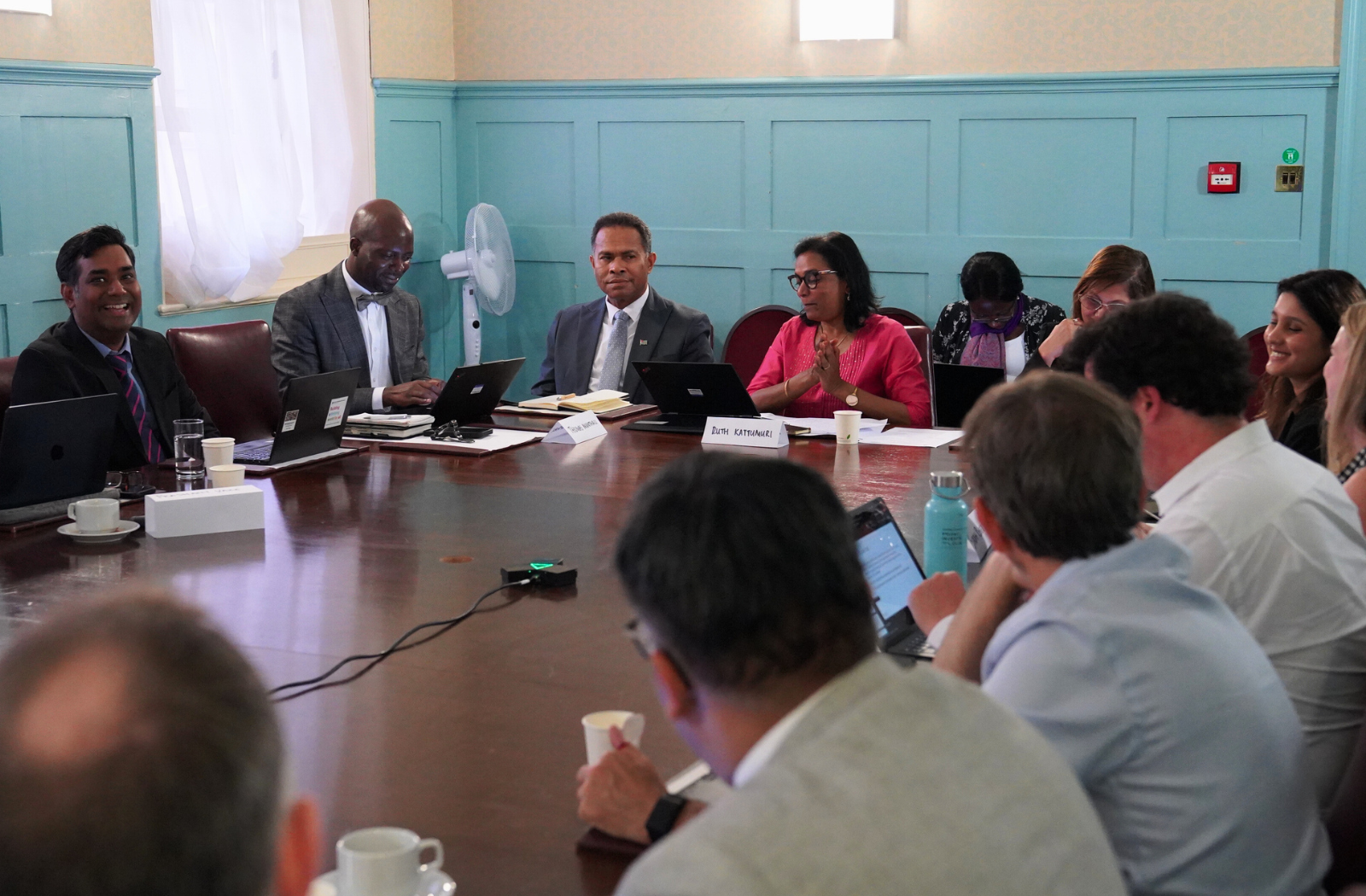
A roundtable discussion during London Climate Week, hosted by the Commonwealth Secretariat and auctusESG, considered how countries can better prepare for climate shocks. Financiers, diplomats, climate experts, and policymakers had a shared view: these developing states need more than sympathy, they need systemic change.
One of the most powerful moments came from the High Commissioner of Fiji to the United Kingdom, Jovilisi Vulailai Suveinakama, who shared a sobering truth: rebuilding is no longer a phase, but a state of being.
After every climate-related event, governments must rebuild, usually by borrowing and often at high interest rates. This unfortunate and seemingly never-ending cycle siphons off funds meant for education, healthcare, and other development priorities – a concern which is being explored during the Commonwealth Year of Resilient, Innovative and Sustainable Debt.
Discussions at the roundtable ranged from sharing best practices on accessing funding and reducing risks to offering recommendations and examples from across the Commonwealth on initiatives to increase resilience.
Dr Ruth Kattumuri, the Commonwealth Secretariat’s Senior Director of the Economic Development, Trade and Investment Directorate, shared:
“Today, we have harnessed a great deal of insights from experts in the room and those who joined us online. We will move these considerations from ideas and suggestions into technical, analytical, policy and project frameworks that can result in meaningful impact toward achieving sustainable and resilient development for our member countries.
“It was valuable to get country perspectives directly from the High Commissioner from Fiji, who shared powerfully on how his country is on the frontline of a polycrisis, and also sharing some of the solutions they are pursuing.
“We continue to advocate and support our countries through capacity building with meeting the needs and priorities for equitable access to financing to ensure their sustainable and resilient development.”
The presentations from the participants were rich and insightful, as well as opportunities for further engagement and collaboration were identified.
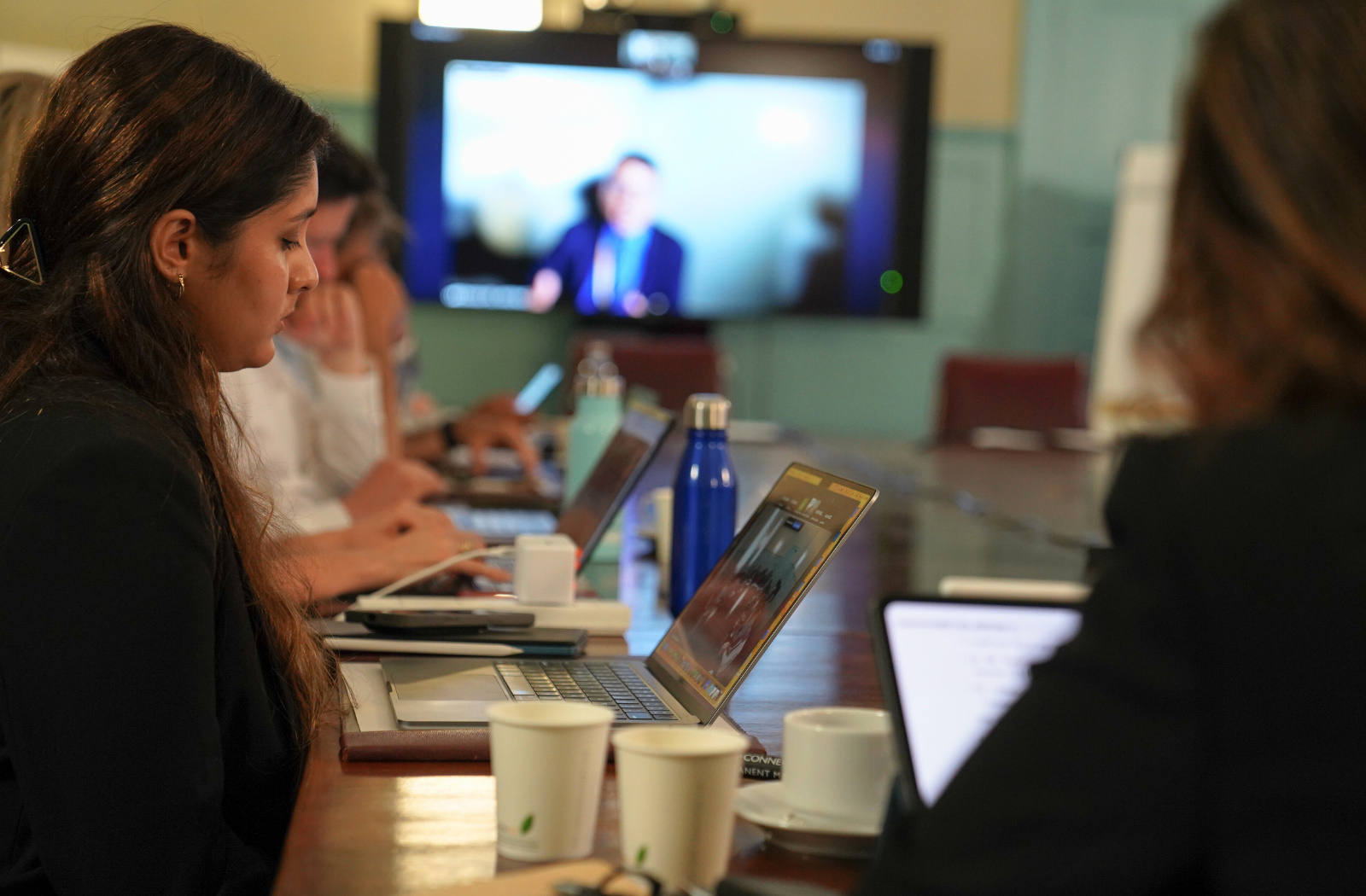
Accelerating funding support
Dr Thomas Munthali, who leads the Secretariat’s work on Economic Policy and Small States, noted that conversation on funding is vital, but even more critical is to ensure that these strategies are implemented in the member countries.
Dr Munthali observed:
“These conversations must move beyond risk assessments and toward real mechanisms that protect economies in the wake of climate chaos. There is need to build member countries’ capacities for accessing finance and implementing climate-smart economic strategies. This will ensure that a climate disaster doesn’t derail a nation from meeting its long-term development goals.”
Namita Vikas, a leading climate finance expert and Founder & Managing Director of auctusESG, emphasised the critical financing gaps that continue to impede climate resilience in vulnerable regions.
She noted:
“The lack of adequate, predictable, and accessible climate finance is further compounded by complex eligibility criteria, which often leave the most at-risk countries underfunded, despite their pressing needs. The current global financial architecture is not yet aligned with the scale or specificity of the climate challenge.”
The message from the roundtable discussions was clear - small and vulnerable states should not be left to bear the full cost of a global crisis that they contributed little to causing.
Learn more about our support to small states
Media contact
-
Charmaine Wright Head of Media Relations, Communications Division, Commonwealth Secretariat
- +44 20 7747 6242 | E-mail

